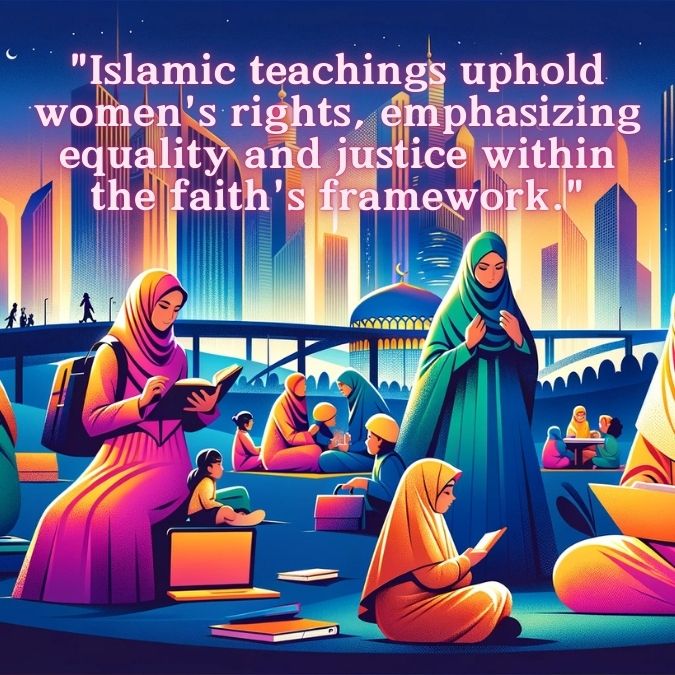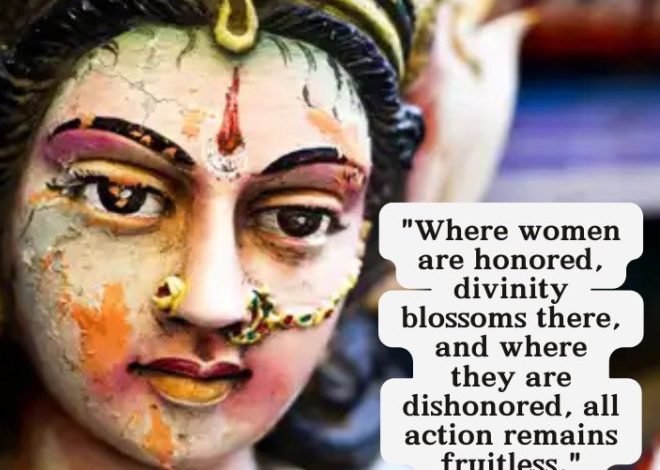
Navigating Faith and Feminism: Women’s Rights in Islamic Teachings
The intersection of faith and feminism has sparked significant dialogue in contemporary society, particularly regarding the rights and roles of women within various religious frameworks. In Islam, this conversation is both complex and essential, as it encompasses a rich tapestry of historical, cultural, and theological elements. Understanding women’s rights in Islamic teachings requires not only an examination of religious texts but also an exploration of the lived experiences of Muslim women throughout history and in diverse contexts.
At its core, Islam promotes the dignity and respect of all individuals, emphasizing justice and equality. The Quran, regarded as the holy text of Islam, contains numerous verses that address the status of women, often affirming their rights in ways that were progressive for the time of its revelation in the 7th century. For instance, women were granted rights to inheritance, education, and participation in social life—changes that challenged the prevailing norms of patriarchal societies. Despite these foundational teachings, interpretations and applications of Islamic principles have varied widely across different cultures and eras.
In exploring the rights of women in Islam, it is crucial to consider the impact of cultural practices and societal norms that have, at times, overshadowed the egalitarian messages found in Islamic texts. Patriarchy has often influenced the interpretation of religious teachings, leading to practices that may seem contradictory to the Quranic vision of gender equality. This dissonance highlights the necessity of distinguishing between cultural practices and the core tenets of the faith.
Faith and Empowerment Rights of Women in Islam Today.
In recent years, the conversation around women’s rights in Islam has gained significant attention, highlighting the intricate relationship between faith and empowerment. This dialogue is crucial in understanding how Islamic teachings, when interpreted through a contemporary lens, can support and enhance the rights of women. While the rights of women are deeply rooted in Islamic texts, the practical application of these rights varies across cultures and societies. This exploration seeks to illuminate how Islamic principles can serve as a foundation for women’s empowerment today.
However, the lived reality for women in many Muslim-majority countries often diverges from these teachings due to cultural practices and historical interpretations. In some regions, patriarchal norms have overshadowed the Quranic vision, leading to disparities in education, legal rights, and social status. The challenge, therefore, lies not in the religious texts themselves but in the cultural contexts that shape their interpretation and implementation.
Today, many Muslim women are reclaiming their rights by engaging with their faith in ways that emphasize empowerment and justice. Activists and scholars advocate for a reinterpretation of Islamic texts that aligns with contemporary understandings of gender equality. They argue that the Quran’s core messages advocate for the dignity and agency of women, and these principles can be harnessed to challenge oppressive practices and promote equality.
In addition, the rise of Islamic feminism has brought forward new perspectives that fuse faith with the fight for women’s rights. This movement seeks to redefine gender roles within Islam, focusing on the potential for spiritual and social empowerment. Muslim women leaders and activists are increasingly visible, addressing issues such as domestic violence, education, and political participation, thereby reshaping the narrative around women’s rights in Islam. Moreover, the role of education is pivotal in empowering women within Islamic contexts. Access to education is not only a right enshrined in the Quran but also a means of enabling women to assert their rights and challenge discriminatory practices. Many organizations are working to improve educational opportunities for girls and women, recognizing that education is a powerful tool for personal and community transformation.
Social media and technology have further amplified the voices of Muslim women, creating platforms for dialogue and activism. These tools enable women to share their experiences, mobilize for change, and connect with others advocating for rights and empowerment globally. By utilizing these platforms, women are challenging stereotypes and promoting a more nuanced understanding of their roles within Islam.
Conclusion
the rights of women in Islam today are intricately tied to the principles of faith and empowerment. By engaging with Islamic teachings through a contemporary lens, Muslim women are not only reclaiming their rights but also reshaping the narrative around gender equality in the faith. This ongoing dialogue is vital for fostering understanding, promoting justice, and empowering women to navigate their roles within both their communities and the wider world.















